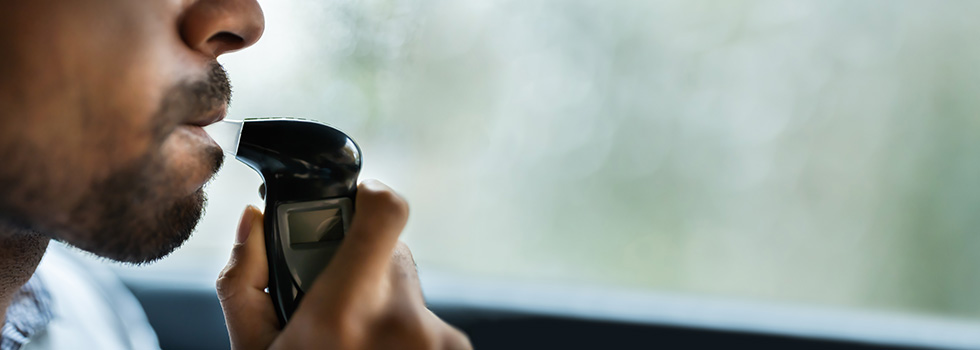
Many drivers underestimate the risk of driving the morning after drinking — but new research highlights just how dangerous it can be.
A survey by road safety charity IAM RoadSmart found that more than a third of drivers (38%) admitted to drinking after 9pm, despite planning to drive before 9am the following day. One in five said their last drink was after 10pm, meaning alcohol could still be in their system the next morning.
Alcohol typically leaves the body at around one unit per hour, though this depends on factors such as weight, metabolism and liver health. For context, three large glasses of wine or three strong pints of beer equal roughly nine units — so a 10pm finish could leave someone over the limit well into the following morning.
Summer Brings Higher Risks
Road safety data shows that the summer months record some of the highest numbers of drink-driving casualties, often surpassing even December, which is usually seen as the peak risk period. With longer evenings, outdoor gatherings and holiday celebrations, many people may unknowingly take to the road while still impaired.
Drivers Admit to Taking Risks
The IAM RoadSmart study also revealed worrying behaviours around drink-driving:
- 31% of people had been with someone who drove after drinking in the past year.
- 72% tried to stop them, but nearly a quarter (23%) stayed silent.
- 62% of drivers believe alcohol-free alternatives can help reduce drink-driving.
There’s also strong support for tougher measures on offenders. 80% of drivers said rehabilitation courses are vital to cutting reoffending, and 81% think these should be mandatory for anyone convicted.
Nicholas Lyes, IAM RoadSmart’s director of policy, warns:
“Many people still drive the morning after a night out without realising they could be over the limit. Even if just under, alcohol affects reaction times and sleep quality — making driving slower, groggier, and riskier.”
In 2022, 300 people were killed in Great Britain in crashes involving a driver over the limit — the highest figure since 2009. Northern Ireland recorded 63 fatalities the same year.
Police Crackdown Continues
Police forces across the UK are maintaining their focus on drink and drug driving as part of wider enforcement operations tackling the “fatal four”: impaired driving, speeding, not wearing seatbelts, and mobile phone use at the wheel.
Chief Constable Jo Shiner, roads policing lead for England and Wales, said:
“There is no excuse for driving impaired, whether late at night or the morning after. You are risking your life and the lives of others.”
A Timely Reminder
National Highways has also echoed the warning, stressing that every road user deserves to complete their journey safely:
“Getting behind the wheel with alcohol still in your system impairs your driving ability and puts lives at risk,” said Sheena Hague, director of road safety.
With summer socialising still in full swing, the advice is clear: if you’re drinking, don’t plan on driving the next morning — or leave plenty of time for alcohol to clear from your system.
